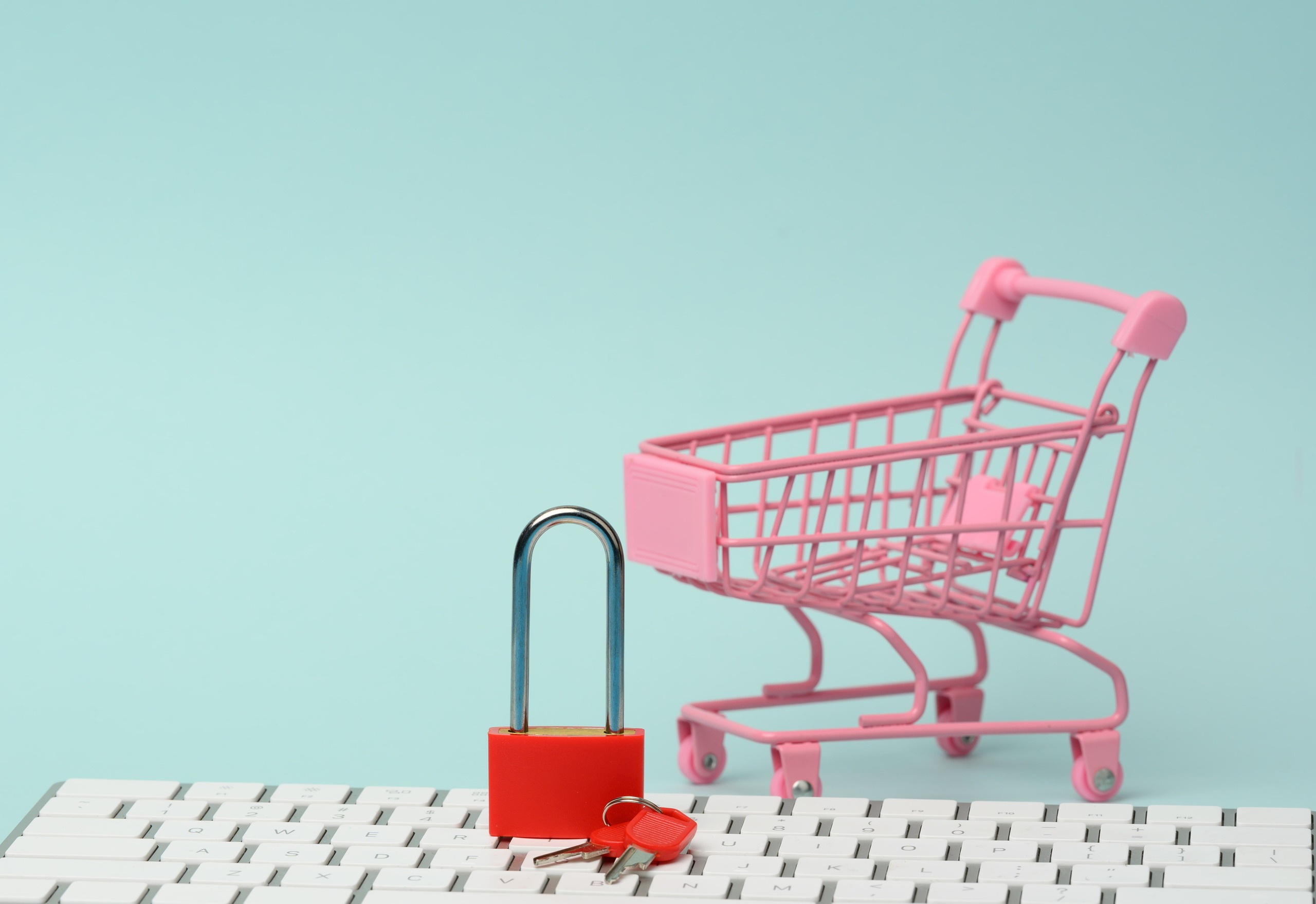
Online shopping is very competitive, so it’s important to gain your customers’ trust, especially when they’re about to pay. Checkout that is safe not only lets customers know that their money is safe, but it also makes them feel safe, which makes them more likely to finish their purchases. Adding security trust badges like SSL certificates and well-known payment marks makes this trust much stronger by clearly showing that you are committed to protecting private data. Also, safe practices are very important for lowering the risk of theft, which makes sure that both buyers and companies can work without worry. To make shopping easy and safe, businesses should do things like get SSL certificates from reputable Certificate Authorities, only offer safe payment options, and regularly check their security measures. These steps not only keep customers safe, but they also help them keep coming back because a safe and trustworthy place supports repeat business and word-of-mouth.
Prioritize SSL Encryption
SSL, or Secure Socket Layer, certifications help to ensure secure connections between a website and its users as well as to protect client data. A site with an SSL certificate encrypts all data entered—including personal or credit card information. This encryption functions like a locked box—only the client and the website have the key to see the contents. SSL helps companies greatly lower the chance of sensitive data being captured by fraudsters during transmission, therefore providing consumers with online purchasing safety.
Having an SSL certificate also increases confidence in your website. When browsers identify an SSL connection, the padlock symbol in the address bar alerts readers that their data is safe. Conversely, if a website does not have this certificate, it might display a “Not Secure” warning, frightening away potential visitors. With data breaches all too often in the modern digital environment, an SSL certificate not only protects your customers but also improves the reputation of your company. Thus, if you want to keep your customers happy and your sales strong, investing in an SSL certificate is absolutely natural.

Offer Trusted Payment Methods
Your online buying experience will be much improved by combining safe and well-known payment channels such Apple Pay, Stripe, and PayPal. These payment options first and most importantly provide consumers piece of mind. Customers feel more safe submitting their financial information when they see well-known brands at register. Recognizable payment choices act as trust signals, increasing general confidence in your website and hence increasing conversion rates. This indicates that more consumers are probably going to finish their orders, therefore benefiting your company!
Furthermore, providing different payment channels meets a broad spectrum of consumer preferences. Since digital wallets are becoming more and more common, particularly among smartphone users, including PayPal and Apple Pay provide quick and easy checkout choices. Just a few touches will let consumers make transactions, therefore avoiding the headache of inputting credit card information. This simplified approach not only raises customer happiness but also lowers cart abandonment rates, therefore enabling easy capture of additional transactions. Including safe gateways not only improves security but also makes buying simple and fun for your consumers!
Implement Strong User Authentication
Two-factor authentication (2FA) may transform your online security and support client confidence building. By asking consumers to confirm their identification via a second method—such as a text message or an authentication app—2FA provides even another degree of security. This suggests that a hacker still cannot access the account even with a password without that second piece of information. This easy action ensures clients that their accounts are much secure.
Using CAPTCHA on your login and checkout pages is another sensible precaution. By requiring users to perform such tasks like photo recognition or writing in distorted language, CAPTCHA helps separate between actual users and bots. This not only protects against automated attacks but also provides customers with much more general peace of mind. Clearly defining appropriate password rules is also quite essential. Ask them for strong, unique passwords and consider offering password management tips. Encouragement of these security criteria helps you to build confidence and trust in your online business instead of just protecting client data.
Maintain Compliance with Data Security Standards
Online purchase calls for rather strong security! Among the most crucial rules shops have to follow are the Payment Card Industry Data Security Standard (PCI DSS). These guidelines ensures that any business handling credit card information is doing so appropriately and safely. Following PCI DSS helps companies safeguard sensitive data of their consumers, therefore fostering confidence and trust throughout the checkout process. Nobody wants to worry, after all, about their payment data becoming in the wrong hands!
Using PCI DSS improves the shopping experience generally as well as protects consumer data. Customers who find a PCI compliant shop are more likely to finish their purchases than to chuck away their carts out of concern. Thus, make sure you meet these criteria whether you use Shopify Payments or another reliable payment gateway like PayPal or Stripe. It’s about bringing customers back for more a great and consistent purchase experience, not just about security!

Conclusion
Protecting consumer personal and financial data depends on using safe checkout methods, which not only builds confidence but also long-term loyalty. Businesses may reduce consumer concerns about fraud or abuse by demonstrating trust signals such SSL certificates, payment badges from trusted sources, and explicit privacy policies. The online buying experience should be mostly based on this dedication to safety as consumers are more likely to return to a firm that pays their security top attention. Therefore, companies are advised to invest in open communication and solid security systems as not only improves the client experience but also offers a strong basis for enduring connections with their customers.